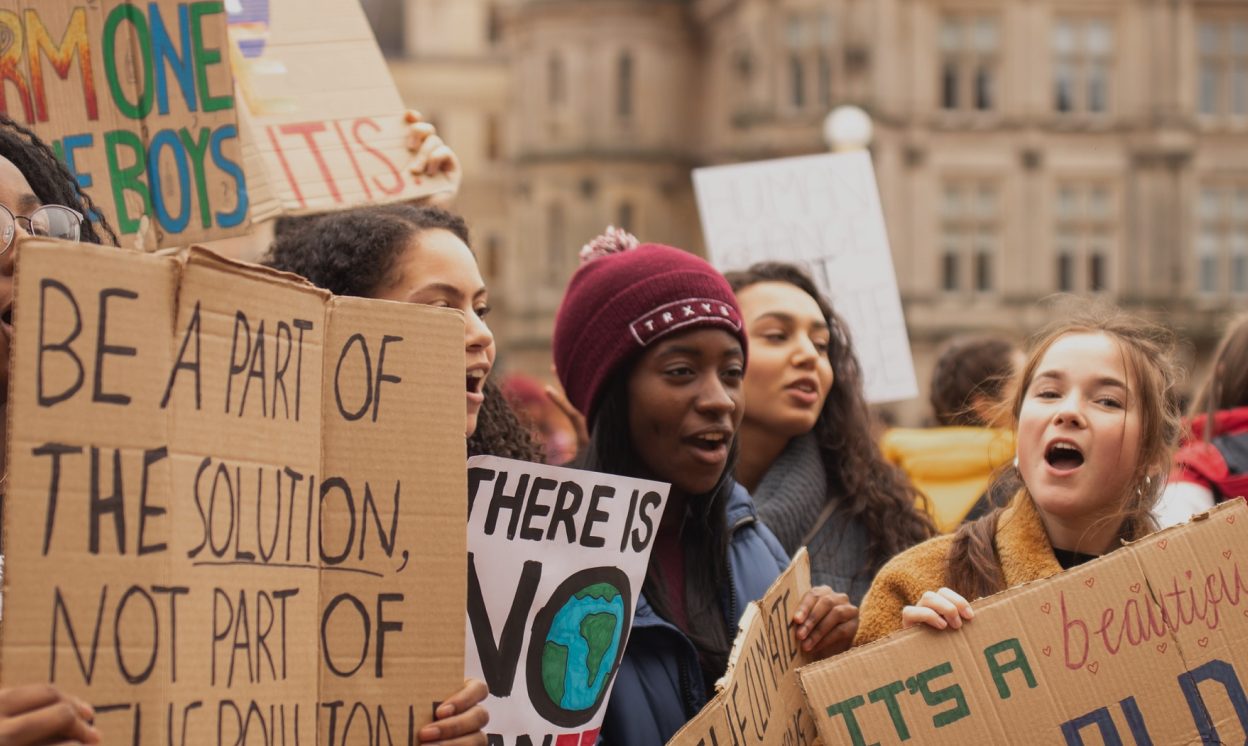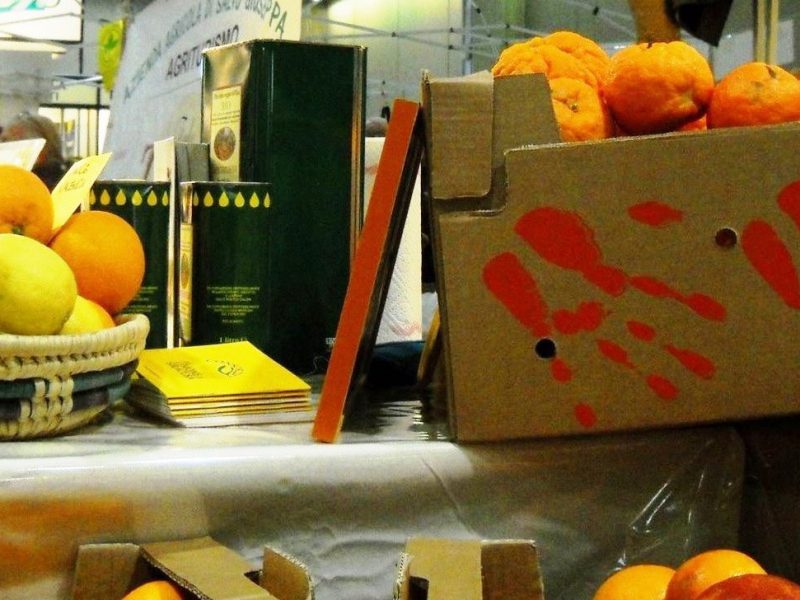“What do you feel when you buy food?” – was what Mario la Rosa (29), from Sicily, Italy, asked me. I have known him for several years and I am still impressed by his devotion to the topic of food and agriculture in his everyday life and the changes he creates by his work everyday. He opened my eyes that buying a car and food is not the same and I started to wonder where my food comes from and what values I support when I buy it.
Mario graduated food biology at university and works as a food manager. He is deeply concerned about Food and Agriculture issues and is an active member in YFoEE Food and Agriculture Working Group. He went to NYELENI food sovereignty forum in Austria and is working on the YFoEE Food and Agriculture Manifesto.
What obstacles do you see in food and agriculture nowadays?
There are many. The absence of a direct relationship between producer and consumer, which stimulates mistrust and lose of knowledge in farming, Capitalism, which seeks only for profit, and which brainwashed people saying that the most important thing is to possess, large scale monocultures, which abuse the soil, require large use of fertilisers and force lost of biodiversity, Globalisation, which makes the food to travel around the world and accumulates hidden costs, and a lack of sustainable agriculture, which sums to environmental problems.
Following, how would you describe sustainability?
Sustainability is an inner consciousness that something is wrong or right when you think about consequences that your actions might have. Sustainable thinking is what you are doing now will have impact in the future. Sustainability is when you respect land, people and yourself. So if you are feeding system which is not sustainable, then we need a step back.
Are there solutions for more sustainable food and agriculture?
Yes, the only way – thinking out of the box! Community supported agriculture (CSA) is an alternative for conventional market. In CSA system every person gets involved in all the steps of consumption. CSA eliminates retailers and supermarkets in food chain which makes the price fair, direct connection and builds trust. In a long term perspective, CSA intends to wash a sense of greedy.
How does CSA work?
I am in one consortium of 15 farmers in Sicily that sell organic oranges, jams, almonds, and fish. I joined it three years ago thought it was established 15 years ago. A Consortium manages finances, logistics and promotion in collaboration. A Consortium aims to sell good products and main value is people it is dealing with and what we grow. The most important I would say: The consortium is not only selling sustainable products but also a message and promotes main values – trust and sharing. Some might say that this system is expensive but opposite, the prices are the same as in a market. Every group has its own model of work, but the main common things to CSA groups are food and connection: organic products, direct contact with a farmer and getting rid of intermediaries. Despite obstacles with bureaucracy and labelling standards, the number of groups around Italy is growing fast.
What changes does CSA make?
Fortunately, this system is building trust which has disappeared due to big food supply chains. In CSA trust is built by hand shaking as we call. A person can visit a farm and a farmer, see how the he grows the food and also who is a farmer. This system is growing very fast in Italy. Now there are 115 small groups of CSA I the network. Together they organise meetings, forums, food stands; people collaborate and do voluntary work together. One such group managed to develop to solar panels organisation, some of them are thinking of schools and kindergartens. In such network the price does not have a big matter, people are aware of sustainability. Moreover, they become active and propose things to change. The future of these groups is to have a wider market in collaborating and involve more devoted people.


